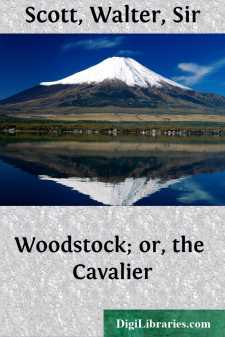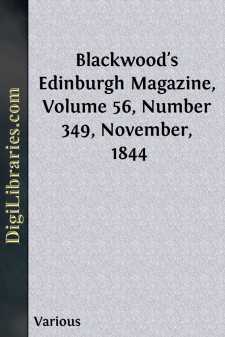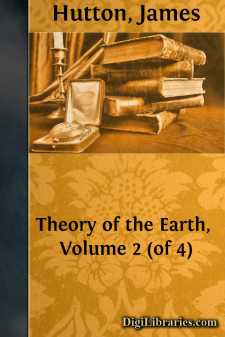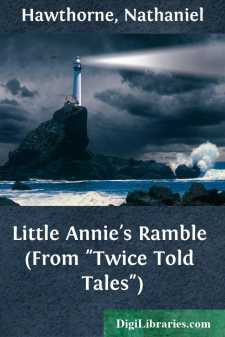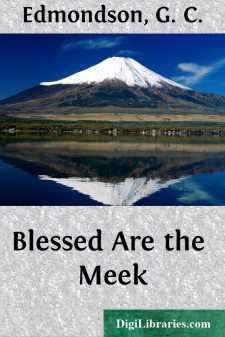Categories
- Antiques & Collectibles 13
- Architecture 36
- Art 48
- Bibles 22
- Biography & Autobiography 813
- Body, Mind & Spirit 142
- Business & Economics 28
- Children's Books 17
- Children's Fiction 14
- Computers 4
- Cooking 94
- Crafts & Hobbies 4
- Drama 346
- Education 46
- Family & Relationships 57
- Fiction 11829
- Games 19
- Gardening 17
- Health & Fitness 34
- History 1377
- House & Home 1
- Humor 147
- Juvenile Fiction 1873
- Juvenile Nonfiction 202
- Language Arts & Disciplines 88
- Law 16
- Literary Collections 686
- Literary Criticism 179
- Mathematics 13
- Medical 41
- Music 40
- Nature 179
- Non-Classifiable 1768
- Performing Arts 7
- Periodicals 1453
- Philosophy 64
- Photography 2
- Poetry 896
- Political Science 203
- Psychology 42
- Reference 154
- Religion 513
- Science 126
- Self-Help 84
- Social Science 81
- Sports & Recreation 34
- Study Aids 3
- Technology & Engineering 59
- Transportation 23
- Travel 463
- True Crime 29
Sort by:
by:
Walter Scott
APPENDIX NO. I. THE WOODSTOCK SCUFFLE; or, Most dreadfull apparitions that were lately seene in the Mannor-house of Woodstock, neere Oxford, to the great terror and the wonderful amazement of all there that did behold them. It were a wonder if one unites,And not of wonders and strange sights;For ev'ry where such things affrightsPoore people, That men are ev'n at their wits' end;God...
more...
by:
Richard Lovelace
INTRODUCTION. There is scarcely an UN-DRAMATIC writer of the Seventeenth Century, whose poems exhibit so many and such gross corruptions as those of the author of LUCASTA. In the present edition, which is the first attempt to present the productions of a celebrated and elegant poet to the admirers of this class of literature in a readable shape, both the text and the pointing have been amended...
more...
CHAPTER I The Chequered History of a City Square ... I know not whether it is owing to the tenderness of early association, but this portion of New York appears to many persons the most delectable. It has a kind of established repose which is not of frequent occurrence in other quarters of the long, shrill city; it has a riper, richer, more honourable look than any of the upper ramifications of the...
more...
by:
Various
THE O'CONNELL CASE—WAS THE JUDGMENT RIGHTLY REVERSED? The astounding issue of the Irish State trials will constitute a conspicuous and mortifying event in the history of the times. A gigantic conspiracy for the dismemberment of the empire was boldly encountered at its highest point of development by the energy of the common law of the land, as administered in the ordinary courts of justice. That...
more...
PREFACE BEFORE perusing this work, it is as well that the reader should understand M. Zola's aim in writing it, and his views—as distinct from those of his characters—upon Lourdes, its Grotto, and its cures. A short time before the book appeared M. Zola was interviewed upon the subject by his friend and biographer, Mr. Robert H. Sherard, to whom he spoke as follows: "'Lourdes'...
more...
by:
James Hutton
CHAPTER I. Facts in confirmation of the Theory of ElevatingLand above the Surface of the Sea. The first object now to be examined, in confirmation of the theory, is that change of posture and of shape which is so frequently found in mountainous countries, among the strata which had been originally almost plain and horizontal. Here it is also that an opportunity is presented of having sections of those...
more...
DING-DONG! Ding-dong! Ding-dong! The town crier has rung his bell, at a distant corner, and little Annie stands on her father's doorsteps, trying to hear what the man with the loud voice is talking about. Let me listen too. O, he is telling the people that an elephant, and a lion, and a royal tiger, and a horse with horns, and other strange beasts from foreign countries, have come to town, and...
more...
CHAPTER I CAUSES OF MISFITS "Blessed is the man who has found his work."—Carlyle. Only the rarest kind of soul has a clear call to his vocation. Still rarer is he who, knowing his work, can create circumstances which will permit him to do it. Of the thousands of young people who have sought us for counsel, only a very small percentage have had even a vague idea of what they are fitted to do,...
more...
by:
G. C. Edmondson
The strangers landed just before dawn, incinerating a good li of bottom land in the process. Their machines were already busily digging up the topsoil. The Old One watched, squinting into the morning sun. He sighed, hitched up his saffron robes and started walking down toward the strangers. Griffin turned, not trying to conceal his excitement. "You're the linguist, see what you can get out of...
more...
by:
Edith Campbell
MASTER WILLIE. There was once a little boy called Willie. I never knew his other name, and as he lived far off behind the mountain, we cannot go to inquire. He had fair hair and blue eyes, and there was something in his face that, when you had looked at him, made you feel quite happy and rested, and think of all the things you meant to do by-and-by when you were wiser and stronger. He lived all alone...
more...


